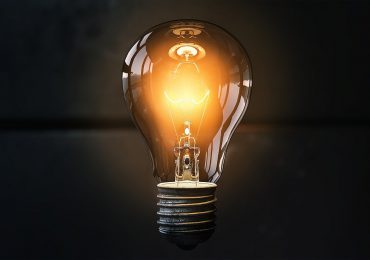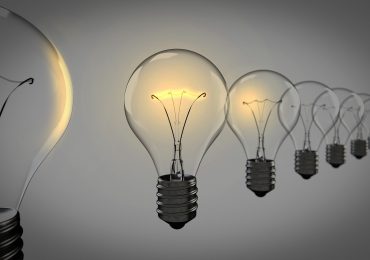A recent article by Bloomberg columnist Nir Kaissar argues that how corporate money is spent can have a big impact on the outcome for shareholders, and that it may come down to tangible versus intangible investment.
Citing Amazon’s recent $8.45 billion purchase of MGM, the article notes that the move may have appeared “unwise, but it’s also the latest in a long line of acquisitions by tech behemoths,” including Microsoft, Apple, Alphabet and Facebook. Kaissar argues, “all the elements of disappointing stock returns appear to be in place, and yet their shares have been among the best performers in recent years.”
Regarding why this has occurred—when share of other companies have “sagged” under similar circumstances— the article suggests it may be due in part to the monopolies held by these tech behemoths, “carefully cultivated in part by acquiring competitors before they become a threat” although it notes it may be too soon to tell.
Kaissar also suggests a “better, if wonkier, explanation: Much of the research on capital investment and subsequent stock performance hinges on what’s called the investment factor, or how a company spends on tangible asset and how that affects stock price.” The tech stars spend mostly on intangible assets (R&D, software, licenses, etc.), which is what Amazon did in the MGM purchase by acquiring its movie and television catalog. “When it comes to capital investment,” Kaissar argues, “the distinction between tangible and intangible assets has made all the difference.”
The article points out that intangible investments are “better tools for making money” by supporting “expected growth through innovation, greater customer retention and expansion, which raises expected returns.” Kaissar cites Facebook’s acquisitions of Instagram and WhatsApp, noting that they “boosted the social network’s growth more than any tangible asset ever could.”
The article concludes that while “there are good reasons to worry about big tech’s massive and growing reach…today’s empire builders are playing a whole other game, and that could make all the difference.”









